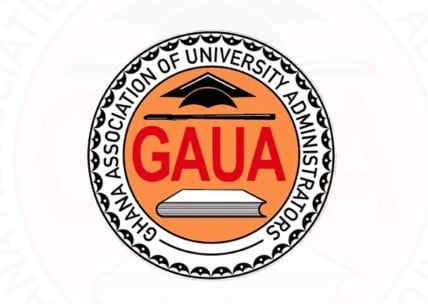The Ghana Association of University Administrators (GAUA) has officially suspended its nationwide strike that began on September 18, 2024. The decision to suspend the strike was communicated on October 11, 2024, to allow for further discussions with the government regarding unresolved issues related to members’ conditions of service. In the announcement, members of the association were instructed to return to their duties starting October 14, 2024, marking a significant shift in the ongoing situation.
The strike was initiated primarily due to the government’s failure to approve certain negotiated allowances, alongside a series of outstanding conditions of service concerns that the university administrators felt were not being appropriately addressed. This action indicated a serious level of discontent among GAUA members regarding their compensation and working conditions, prompting the need for a strike as a form of protest and demand for action.
In light of the suspension, GAUA has expressed hope that the government will demonstrate good faith in negotiations going forward. The association specifically requested that the government engage in discussions regarding the issues outlined in a Memorandum of Agreement (MoA) that was signed on October 7, 2024. This MoA highlights the critical areas of concern that GAUA aims to address through dialogue, emphasizing the importance of constructive negotiations to avoid similar disruptions in the future.
The decision to return to work following the suspension of the strike reflects GAUA’s willingness to engage in dialogue rather than prolonged conflict. The association’s leadership has indicated that further engagement is necessary to resolve critical issues affecting its members, which may contribute to a more stable and cooperative working environment in Ghana’s public universities. By seeking to address these matters through discussion, GAUA aims to foster a climate in which grievances can be effectively resolved.
Additionally, the dynamics between GAUA and the government underscore the importance of open communication and mutual respect in labor relations. Both parties recognize that addressing conditions of service and compensation is vital for the wellbeing of university administrators and the broader educational framework in Ghana. The hope is that by prioritizing negotiations in the wake of the strike, trust can be rebuilt and lasting solutions can be found.
In conclusion, while the suspension of the GAUA strike represents a temporary resolution to tensions between university administrators and the government, it also sets the stage for essential discussions regarding the future of working conditions in higher education. As both sides prepare to engage in dialogue, the success of these negotiations will largely depend on the commitment of the government to address the issues raised by GAUA, ensuring that university administrators feel valued and supported in their roles.


